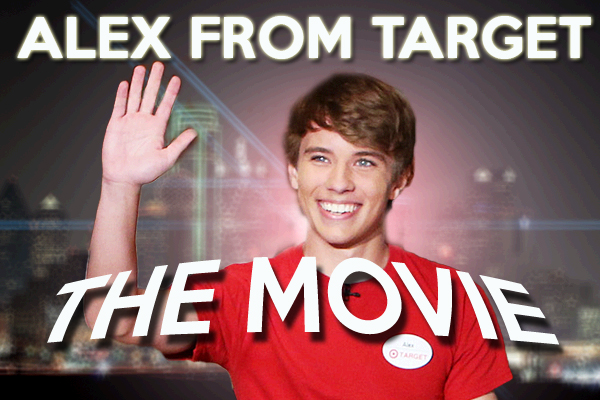Undermining the professor is just the latest postmodernist trend, students say
It’s the first week of winter classes at the University of Ottawa. While some students take this time to graze the syllabus or hibernate, others seize this opportunity to strike. The philosophy student, an enigma to those around it, treats this as hunting season. Asserting dominance during introductory lectures is their only way of ensuring a successful semester.
In “Post-Modernism: Posting the Modern,” Professor Jonathan Oliphant has no idea what’s in store. Sauntering in with his iced caramel macchiato, leather jacket, and downright unruly beard, he begins the lecture by handing out copies of the syllabus and asking the students to call him ”Johnny.”
One student from the herd begins the attack, by pointing out inaccurate office hours on the syllabus. Another, more daring student points out that his shoes are untied. At this point, Johnny is crying. After successfully pointing out two spelling mistakes in the syllabus, philosophy student Jerry Kirkland has now become the professor. Jonathan takes his seat in the crowd, and Professor Kirkland takes his place at the front.
Going through the reading schedule, Patricia Albright points out that there are two days missing, while Audrey Poppet draws attention to readings being assigned the day of the midterm. Professor Kirkland’s strength is being tested, but he quickly recovers by asking the students to see him after class.
There’s a few moments of civility following a dick joke about Freud, but soon the students are on the hunt again. Poppet proposes an addition to the reading list: an obscure writing by Foucault. This is a smart, and pretentious, move, as it implies she’s read the book (when in fact she’s merely memorized the title). The professor stutters, his unlaundered beanie falling from his head. Poppet has won.
Professor Poppet goes to the front of the room, but her dominance is quickly questioned. One student in the front asks whether the readings are on reserve in the library, and how much the course pack costs. He then notes that he won’t be using the readings for anything after the course, so he’s unwilling to drop seven dollars on a course pack. Professor Poppet quickly retorts, asking why he’s taking a course on a subject he won’t use in general.
This leads every student to become lucid and realize that none of what they’re studying has any real-world application. They are unemployable and will drown in insurmountable debt upon graduation. They collectively have an existential crisis.
Does it really matter who’s in charge?





